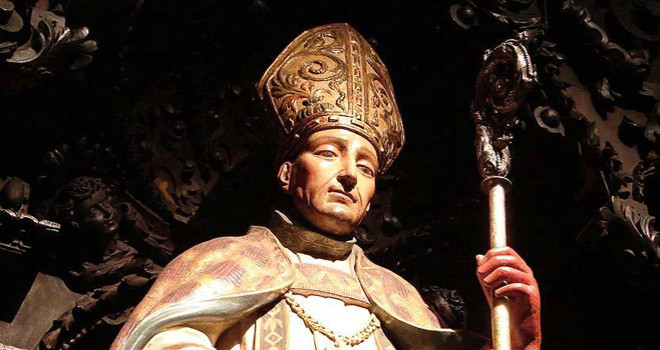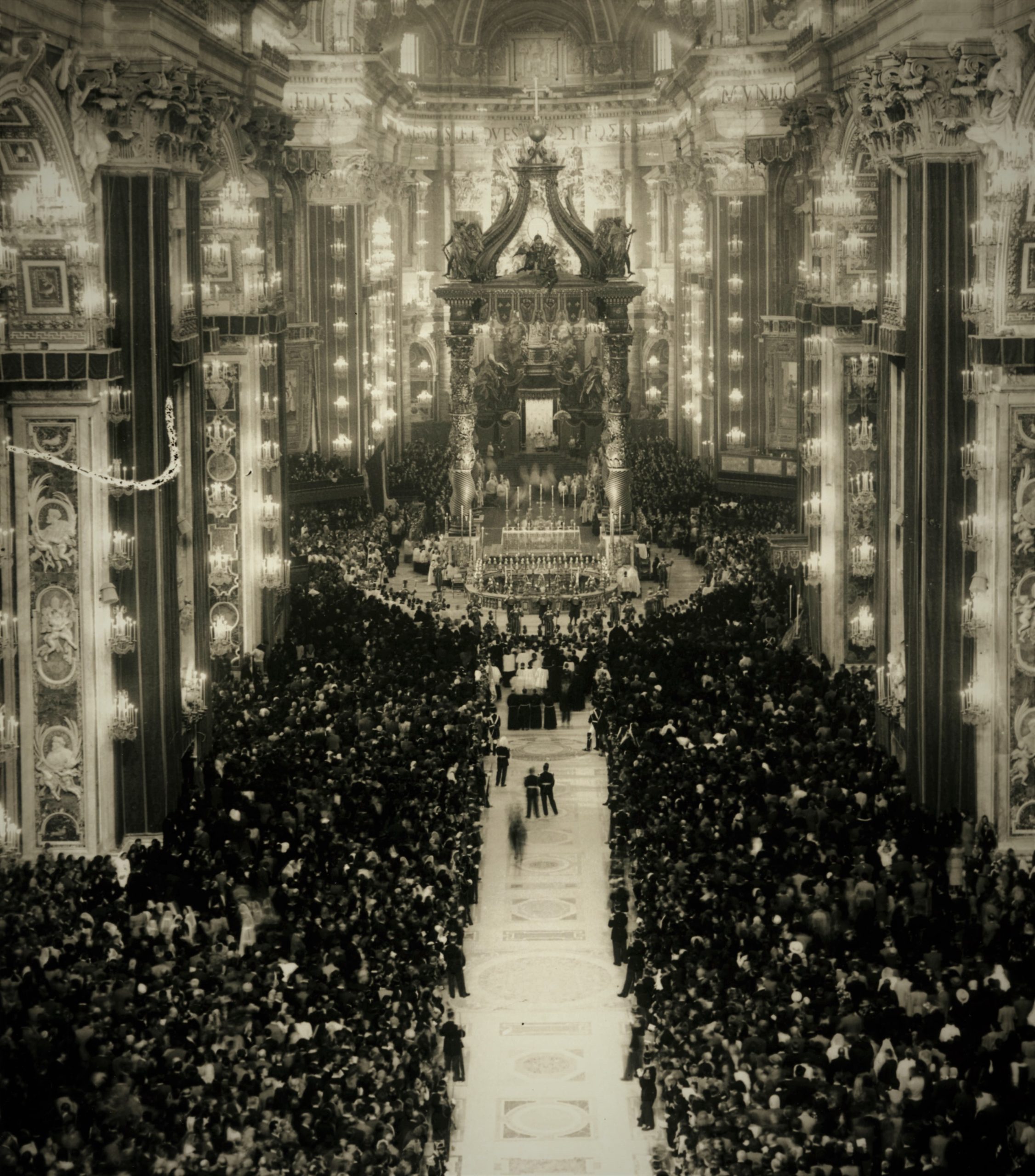What do Efebo Desiderio, Turibius of Mongrovejo and Gertrude of Nivelles have in common? Well, for one thing, they are all saints of the Catholic Church.
Gertrude is the patron saint of those with suriphobia, fear of mice, who presumably suffer from ailurophobia, fear of cats.
But there is one other thing those saints have in common for me. My reaction to their being saints is, “Congratulations, but so what?”
What, if any, difference does canonization make?
There are a few people whose canonization might serve to make their example somewhat more prominent. Canonizing such people as Dorothy Day, Thomas Merton, Oscar Romero or Mother Teresa may be useful in that sense.
Some maintain that Dietrich Bonhoeffer and CS Lewis, though not Catholics, should also be recognized as Christian saints.
But, when all is said and done, it will not make any important difference. Such people already inspire and challenge Christians to live faithfully, and declaring them to be saints will not change that.
Neither will it provoke mass attraction. Those who are obscure and irrelevant to our time and circumstances will, even if canonized, remain obscure and irrelevant except among their devotees.
And could not the time and money that those devotees put into the canonization process be better spent fostering living saints today instead of honoring dead saints of yesteryear? It is time- and money-consuming to conduct investigations, publish documents and, yes, discreetly “grease palms” in Rome to speed the process along.
Canonization is not, of course, an entry ticket to the Kingdom of God. All it does is declare that the Church feels confident, even convinced, that a particular woman or man has, indeed, been welcomed into eternal life. Just like billions of other people who will never be canonized or even known. Just like men and women whom all of us have known. Just like, God willing, us.
In other words, canonization does not make them saints. It simply declares what they already are and sets them on the Church’s calendar, the canon of worship and prayer.
We must not forget that the liturgy is never directed to any saints, but to God, with the request that the intercession of the saints on our behalf be heard. We gratefully assume that our fellow members of the Communion of Saints pray for us as we ask them to do in the litany.
Often, canonization is meant to be a theological or political statement, the Vatican’s or the pope’s indicating favored styles of sanctity or commitment while, perhaps, excluding others.
The 35-year delay and the sudden advancement of Oscar Romero’s cause now that we have a Latin American pope with a deep commitment to the poor is an unmistakable example.
Even less is canonization a promotion to some sort of semi-divine status that enables saints to perform magic tricks on demand for their devotees. Calling on Gertrude to help with your rodent problem is not going to help unless Gertrude be the name of your cat.
When I first arrived in Japan, I met people from the various dioceses in which I might serve. In one case, just about everyone I spoke with said some variation of, “Once we get a new bishop, the diocese will really take off.”
My reaction was that something was wrong, and it was not the bishop. Since when does our willingness to live the Gospel depend upon someone else? Would a new bishop suddenly fill the Catholics of the diocese with zeal for the proclamation of the Gospel? In fact, eventually a new bishop did come. It made little, if any, discernable difference.
Is not the same true of saints? My willingness to follow Christ should not be dependent upon someone else’s receiving recognition for having followed him. In fact, pursuing the canonization of and devotion to particular saints can often be a distraction from that vocation.
All the devotions in the world are not going to mean anything unless I actually take personal responsibility to live as a Christian today, as the saints did in their time.
The value of canonized saints is in their officially recognized example. In various times, places and circumstances they tried to live faithfully. They did not fully succeed. No one does. That is part of our legacy of sin, a legacy from which even the saints were not exempt.
What is important is that they tried, and in that can be an example and challenge for us. If they could do it in their circumstances, there is no excuse for our not attempting the same in ours. We will do it differently, because our times, our places and our circumstances are different from theirs. However, the Gospel is the same.
But, such examples are not limited to the canonized, nor must we limit our purview to those canonized. And in that sense, my response to canonization is “so what.” Canonized or not, I should look to fellow Christians who have in various ways shown me or reminded me that it is possible to be a follower of Christ in my time, in my place, in my circumstances.
Maryknoll Fr William Grimm is publisher of ucanews.com, based in Tokyo.
Post Credit: http://www.ucanews.com/











